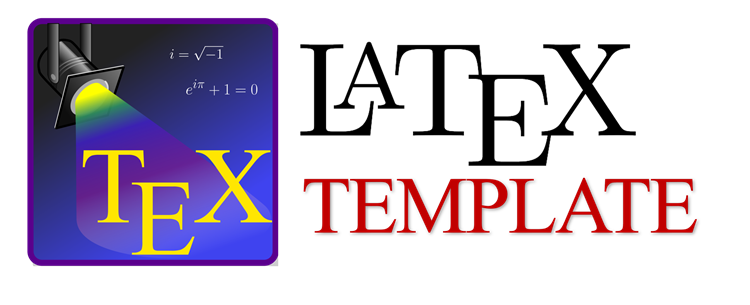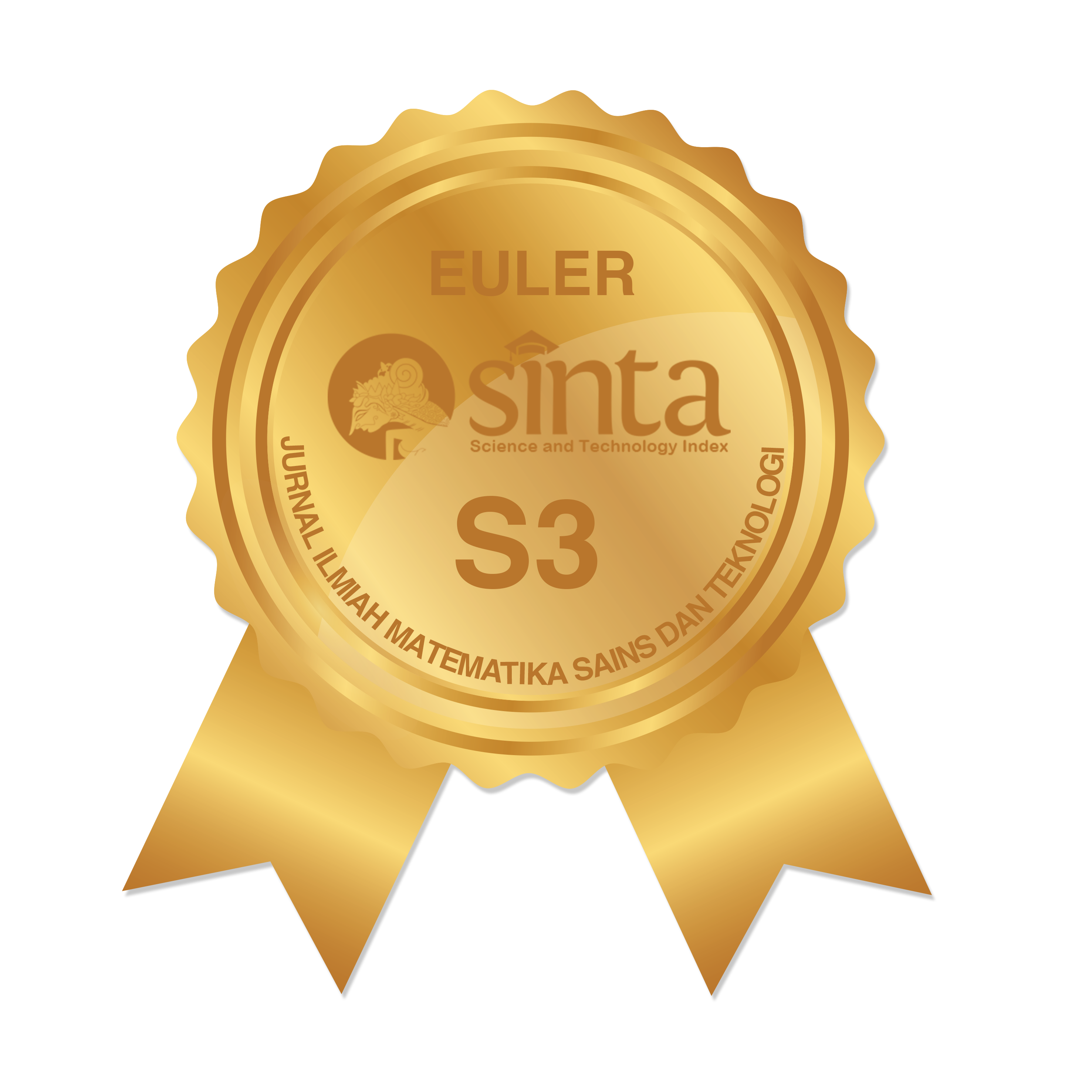ESTETIKA MATEMATIS MOTIF SONGKET PADA ANYAMAN MENDONG TASIKMALAYA
Abstract
Mathematics is an enigmatic and captivating idea. Mathematics can also be defined in the context of patterns. This is because mathematics contains patterns, structures, and depictions of an object that grows and is rooted in real life. The structure or pattern that is arranged systematically will produce work, objects, and even an agreement. Life mathematics and mathematics in school learning can be combined with aesthetic studies to achieve contextual learning. This study uses qualitative research with an ethnographic approach. The purpose of this study was to reveal the aesthetic value and mathematical concepts of the mendong woven pattern with the songket motif. The location of this research is Babakan Cikawung Village, Margabakti Village, Cibeureum Awipari District, Tasikmalaya Regency. This study involved 3 subjects. Data collection techniques were carried out through unstructured interviews, observation, documentation, and literature review. Unstructured interviews were used to ask about the craft of mendong and the process of making mending weave with songket motifs. Observations or observations are made to find mathematical concepts and mathematical aesthetic values by studying the aesthetics of Thomas Aquinas' theory. The results of the research are mathematical aesthetics by examining the theory of Thomas Aquinas. Mathematical concepts such as repeating patterns 1-2-3-4 and 4-3-2-1, geometric concepts such as parallel lines, reflection, congruence, and rhombus flat shapes.
Keywords
Full Text:
PDFReferences
M. Royani and W. Agustina, "Bentuk-bentuk geometris pada pola kerajinan anyaman sebagai kearifan lokal di kabupaten Barito Kuala" Math Didact. J. Pendidik. Mat., vol. 3, no. 2, pp. 105-112, 2018, doi: 10.33654/math.v3i2.60.
N. sri wahyuni Ibrahim, "Analisis Etnomatematika Pada Kerajinan Anyaman Bambu Terhadap Pemebelajaran Matematika di Kabupaten Sukabumi" J. Peka, vol. 4, no. 2, pp. 35-40, 2021, doi: 10.37150/jp.v4i2.819.
K. B. B. Indonesia, "Menganyam" Badan Pengembangan dan Pembinaan Bahasa, Kementerian Pendidikan, Kebudayaan, Riset, dan Teknologi Republik Indonesia, 2016. https://kbbi.kemdikbud.go.id/entri/menganyam.
D. Muhtadi, R. Charitas, and I. Prahmana, "SUNDANESE ETHNOMATHEMATICS : MATHEMATICAL ACTIVITIES IN ESTIMATING , MEASURING , AND MAKING" vol. 8, no. 2, pp. 185-198, 2017.
R. S. D. Thomas, "Beauty is not all there is to Aesthetics in Mathematics " " vol. 25, no. 1, pp. 116-127, 2016.
R. Nur, F. Utami, and D. Muhtadi, "Estetika Matematis Seni Ukir Jepara" 2021.
A. L. Tilaar, "Efektivitas Pembelajaran Kontekstual dalam Mengajarkan Matematika" Form. J. Ilm. Pendidik. MIPA, vol. 1, no. 3, pp. 186-191, 2015, doi: 10.30998/formatif.v1i3.72.
R. Y. Gazali, "PEMBELAJARAN MATEMATIKA YANG BERMAKNA" Math Didact. J. Pendidik. Mat., vol. 2, no. 3, pp. 181-190, 2016, [Online]. Available: https://media.neliti.com/media/publications/176892-ID-pembelajaran-matematika-yang-bermakna.pdf.
E. Hidayat, A. G. Resfaty, and I. Muzdalipah, "Stu di etnomatematika : mengung kap gagas an dan pol a geometris pada kerajinan anyam an mendong di manonj aya kabupaten tasikmalaya" J. Authentic Res. Math. Educ., vol. 1, no. 1, pp. 19-26, 2019.
L. Dietiker, A. Brakoniecki, A. S. Richman, and E. R. Miller, "Curriculum and Related Factors 66" pp. 66-73, 2016.
A. Meier, M. Hannula, and M. Toivanen, "Mathematics and outdoor photography experience - exploration of an approach to mathematical education , based on the theory of Dewey ' s aesthetics Research questions."
L. G. The, Garis Besar Estetik (Filsafat Keindahan). Yogyakarta: Karya, 1975.
L. G. The, Filsafat Keindahan. Yogyakarta: Pusat Belajar Ilmu Berguna, 2004.
S. R. Muslim, "Eksplorasi Etnomatematika Dari Para Pengrajin Payung Geulis Tasikmalaya Jawa Barat" no. 2009, pp. 1270-1285, 2019.
Z. A. Achmad, "Etnografi Virtual sebagai teknik pengumpulan data dan metode penelitian" J. Soc. media, vol. 2, no. 2, pp. 130-145, 2018.
J. . Creswell, Research Design: Pendekatan Kualitatif, Kuantitatif dan Mixed Edisi Ketiga (Terjemahan). Yogyakarta: Pustaka Pelajar, 2010.
J. Rosadi, P. Studi, D. Interior, U. K. Petra, and J. Siwalankerto, "Kajian Estetika Thomas Aquinas Pada Interior Kayu Aga House di Canggu Bali" vol. 1, no. 1, pp. 1-11, 2013.
M. N. Prabawati, "Etnomatematika Masyarakat Pengrajin Anyaman Rajapolah Kabupaten Tasikmalaya" Infin. J., vol. 5, no. 1, p. 25, 2016, doi: 10.22460/infinity.v5i1.p25-31.
Ishar, "Pengertian estetika terlengkap beserta unsur dan manfaat" 2016. https://qomaruna.com/pengertian-estetika/#:~:text=Pengertian estetika menurut Thomas Aquinas,merasakan suatu kesenangan setelah melihatnya.
G. Ayu, A. Hartoyo, and A. Nursangaji, "Study Etnomatematika Pada Aktivitas Pengrajin Anyaman Bambu Masyarakat Sejangkung" J. Pendidik. Dan Pembelajaran Khatulistiwa, vol. 9, no. 9, pp. 1-8, 2020.
F. D. K. Ching, "Arsitektur: Bentuk, Ruang, dan Tatanan" in Trans. Hanggan Sitomorang, 3rd ed., Jakarta: Erlangga, 1996.
DOI: https://doi.org/10.34312/euler.v9i2.11259
Refbacks
- There are currently no refbacks.
Copyright (c) 2021 Fitriani Muldiana, Shofa Laelatul, Neng Ani Karleni, Nani Ratnaningsih

This work is licensed under a Creative Commons Attribution-NonCommercial 4.0 International License.
Euler : Jurnal Ilmiah Matematika, Sains dan Teknologi has been indexed by:
EDITORIAL OFFICE OF EULER : JURNAL ILMIAH MATEMATIKA, SAINS, DAN TEKNOLOGI |
 | Department of Mathematics, Faculty of Mathematics and Natural Science, Universitas Negeri Gorontalo Jl. Prof. Dr. Ing. B. J. Habibie, Tilongkabila, Kabupaten Bone Bolango 96554, Gorontalo, Indonesia |
 | Email: [email protected] |
 | +6287743200854 (WhatsApp Only) |
 | Euler : Jurnal Ilmiah Matematika, Sains dan Teknologi (p-ISSN: 2087-9393 | e-ISSN:2776-3706) by Department of Mathematics Universitas Negeri Gorontalo is licensed under a Creative Commons Attribution-NonCommercial 4.0 International License. Powered by Public Knowledge Project OJS. |














